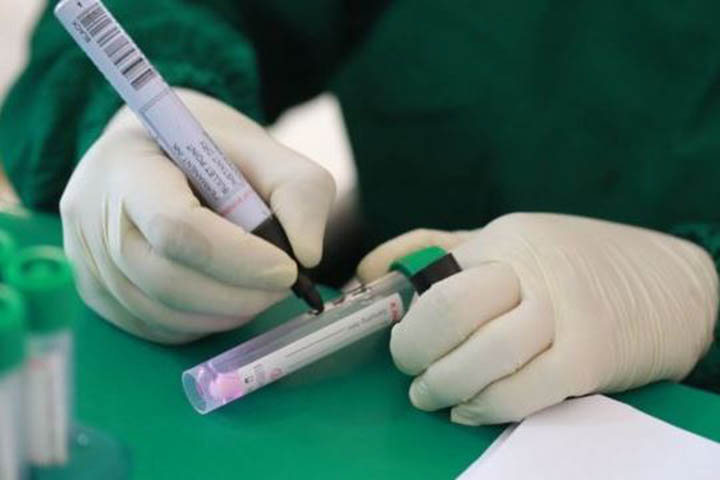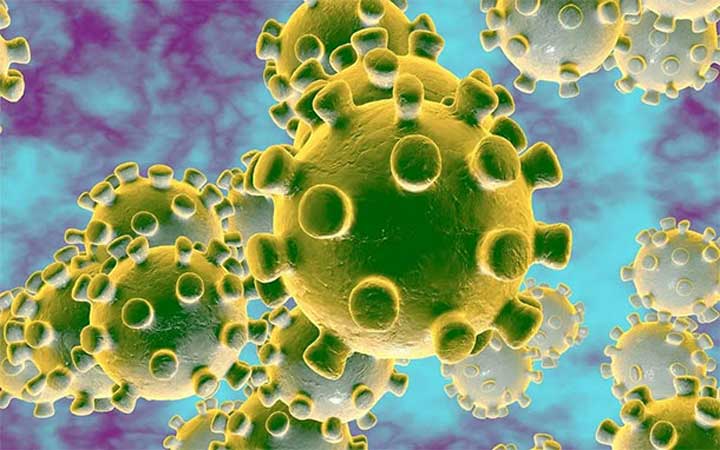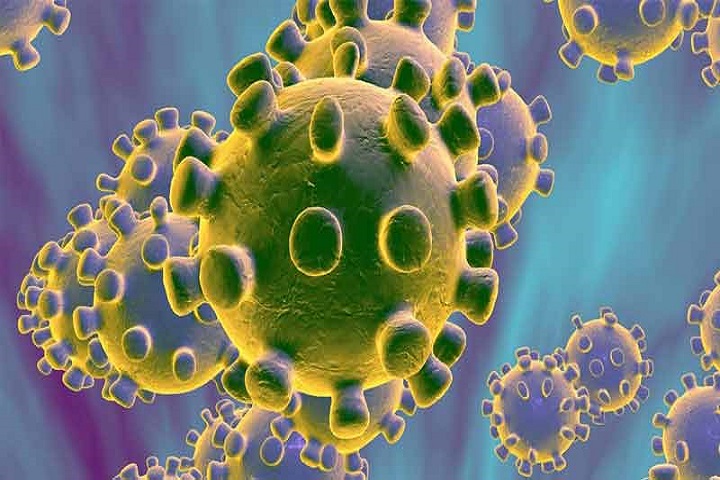DGDA disapproves GK’s antibody testing kit
Gonoshasthaya Kendra (GK) on Thursday night said the Directorate General of Drug Administration (DGDA) did not approve its GR Covid-19 antibody testing kit.
In a press release, GK said the DGDA did not accept the recommendations of the Technical Committee of Bangabandhu Sheikh Mujib Medical University (BSMMU) and denied registration of the GR Covid-19 rapid antibody testing kit.
The Gonoshasthaya Kendra described the DGDA’s decision as unfortunate at this emergency situation of the country.
“We’ll make our next course of action (in this regard) public very soon,” it added.
Earlier on June 17, BSMMU submitted its report on the GK’s antibody kit to the DGDA.
BSMMU’s technical committee which conducted the performance study of the kit, headed by Prof Shahina Tabassum, prepared the final report on the trial saying it is possible to identify the infection of maximum 40 percent of the Covid-19 patients with the GK kit.
The committee, however, said the kit can be helpful in tackling the corona situation.
According to GK, its antibody kit can help identify whether people have been infected with coronavirus in the past, and the presence of antibodies or resistance power in their bodies. It will also help collect plasma of those who have recovered.
On May 2, the BSMMU authorities formed a six-member committee with Prof Shahina Tabassum as its head to conduct the performance study of the testing kit.
On March 17, Gonoshasthaya Kendra declared that they had developed a testing kit that can examine samples to detect Covid-19 within 15 minutes.
On May 13, it submitted the samples of GR Covid-19 Rapid Dot Blot antigen kit to the BSMMU authorities for the performance trial.
However, it requested BSMMU on June 3 to suspend the performance study of its coronavirus-testing antigen kit due to the detection of some inconsistencies in sample collection procedure.
Earlier on April 30, the DGDA gave Gonoshasthaya the permission to get its Covid-19 rapid testing kits tested.
The DGDA informed Gonoshasthaya that the performance study of the kits could be done either at the BSMMU or IEDCR.
Source: UNB
AH
26 Jun 2020,09:35

















 Live Tv
Live Tv



